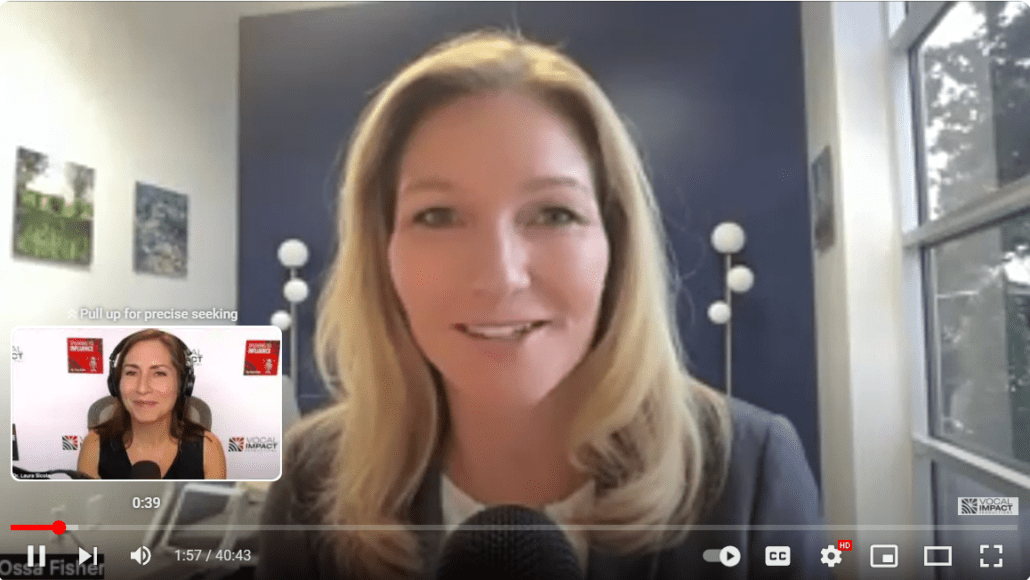Communication challenges- did you miss the big question?
Key takeaways:
- Recognizing the cultural differences important to marketing- How assumptions about cake preferences in Japan led to marketing challenges for Betty Crocker;
- The power of asking the right questions and its significant impact in overcoming communication challenges;
- Tailoring your communication styles with different audiences in mind
When I lived in Japan I was surprised by two things that led me down a little rabbit hole of cultural discovery… and marketing blunders all based on questions that weren’t asked.
On the surface, I was amazed at how much they loved western-style cakes – there seemed to be a bakery on every corner. But given how expensive they were, I was also surprised that there were no boxed cake mixes available in grocery stores, which cost pennies on the dollar by comparison.
Curious, I looked into it and discovered that in the 1960s Betty Crocker had attempted to sell boxed cake mixes but ran into the first problem:
1) Most traditional Japanese homes didn’t (and still don’t) have ovens!
Undeterred, they came up with a version that could be decently made in a rice cooker – a guaranteed fixture in every home. Except they failed to ask the target market if there was any reason why that wouldn’t be a perfect solution. And, unsurprisingly, there was:
2) Most households made one BIG batch of rice in the morning and kept it there all day to be used for all three meals. The rice cooker was rarely free.
PLUS, many women were afraid that if they used it to bake a cake, a residual vanilla or chocolate flavor would taint the rice next time.
Not worth the risk.
Nevertheless, the marketers persisted… after all, wouldn’t the convenience and economical nature of boxed mixes win out? (Yet another question they should have asked the target market, but didn’t.)
The answer was:
3) Nope… because price and convenience weren’t the priority when it came to cakes.
Typically, people bought the beautiful and expensive cakes to bring to other people’s homes as hostess gifts or for celebrations, at which point presentation was most important.
The Japanese are masters at gift wrapping, whether at bookstores, souvenir shops, or high-end department stores. (I tried for years to emulate it, and never succeeded. Not once.) Having an expensive – and expensive-looking – cake wrapped meticulously and beautifully was more than half the gift itself.
A DIY chocolate cake with a can of frosting clumsily spread over the top in a pan covered by plastic wrap simply would NOT do, no matter how lovely the intention behind the effort.
How many times have we failed to ask the key questions that would have saved us TONS of pain and/or opened whole new worlds of opportunity?
This week on Speaking to Influence, Ossa Fisher, President of Aurora Technologies (which creates the software inside self-driving automobiles – how cool is that?) shared a perfect example of when she DID ask the right question at just the right time, which changed a NO into a huge YES.

Volunteering for Yale Model Congress, she visited local schools in New Haven to try to inspire local high school students to participate.
When there were no takers, she could have simply walked out feeling disappointed and wondering what she did wrong, or even what was “wrong” with them, to pass up such a great opportunity. Instead, she decided to ask the key question:
“Why not?”
The answer was simple but powerful: They had no transportation.
That was a problem she could solve, and she did.
She rented a van, drove it herself, and recruited a team of 15 students who went on to have great success at the Model Congress, and undeniably a once-in-a-lifetime experience.
In addition, in the interview, Ossa and I also discussed:
- How she has to customize messages for different audiences: addressing concerns of regulators regarding safety measures, and reassuring the public with real-life examples of how Aurora’s technology enhances road safety.
- Tactics she uses for calming nerves during public speaking,
- The power of the compassion she received from her team during a family crisis, and how it motivated her to pay it forward
- How she recognized a servant-leader mentality in a job candidate
- How she decided to be bold in negotiations when she was on the lower end of a power dynamic
And more.
Listen to the full conversation here or watch it on YouTube here.
Now let me ask YOU:
Whether there are new angles you’d like to hear in future podcast episodes, or questions I should be asking our readers, clients, followers, or other people, please help us unlock new doors for everyone.
My door is always open to you!
Recommended Reads:



